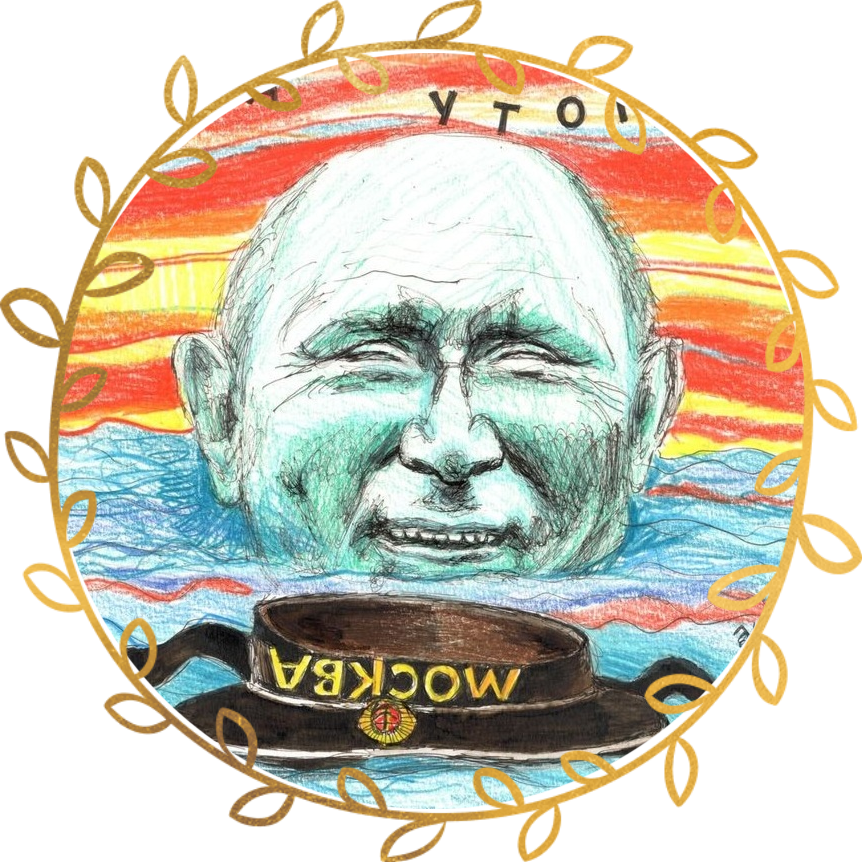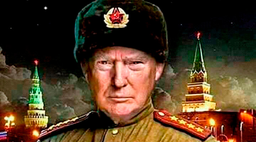(3) Pvt. Sakarium 𐱅𐰇𐰼𐰰🇹🇷 🇦🇿 ᴋᴋᴛᴄ on X: “The Pentagon, Congress, CIA, MI6, MOSSAD conflict was paid for by American-Canadian-British soldiers and tens of thousands of innocent civilians in the region. And you may be surprised, but Saddam paid. In order to hide the massacres of the Kurdish terrorist organizations in the” / X https://x.com/PvtSakarium/status/1873031536884277611
This tweet presents a one-sided view of the Iraq War and its aftermath, focusing on the involvement of key players like the Pentagon, CIA, MI6, and Saddam Hussein, as well as the rise of Kurdish terrorist organizations. It suggests that these groups were either responsible for or manipulated the outcomes of the conflict, while blaming Saddam for hiding the actions of these groups.
A more balanced analysis would consider the complexity of the situation in Iraq and the broader Middle Eastern context. The Iraq War involved many factors, including regional politics, international alliances, and historical grievances. It’s important to recognize that multiple actors, including various state and non-state groups, contributed to the ongoing instability in the region.
The role of the Kurdish groups and their dynamics in Iraq is indeed a significant part of the conversation, but to attribute the entire conflict’s outcomes to a single party oversimplifies a deeply complex issue. Understanding the full picture requires acknowledging the various political, social, and military forces at play, as well as the long-term effects of such conflicts on civilian populations.
https://bastyon.com/infernum1488?ref=PFN2jQQL5PSwEdGP7h5T7JzkZMzeps98P2
Following his first term as Israel’s prime minister, Benjamin Netanyahu testified to Congress on Sept. 12, 2002 as a private citizen, and advised Congress that a U.S. invasion of Iraq would be “a good choice.”

